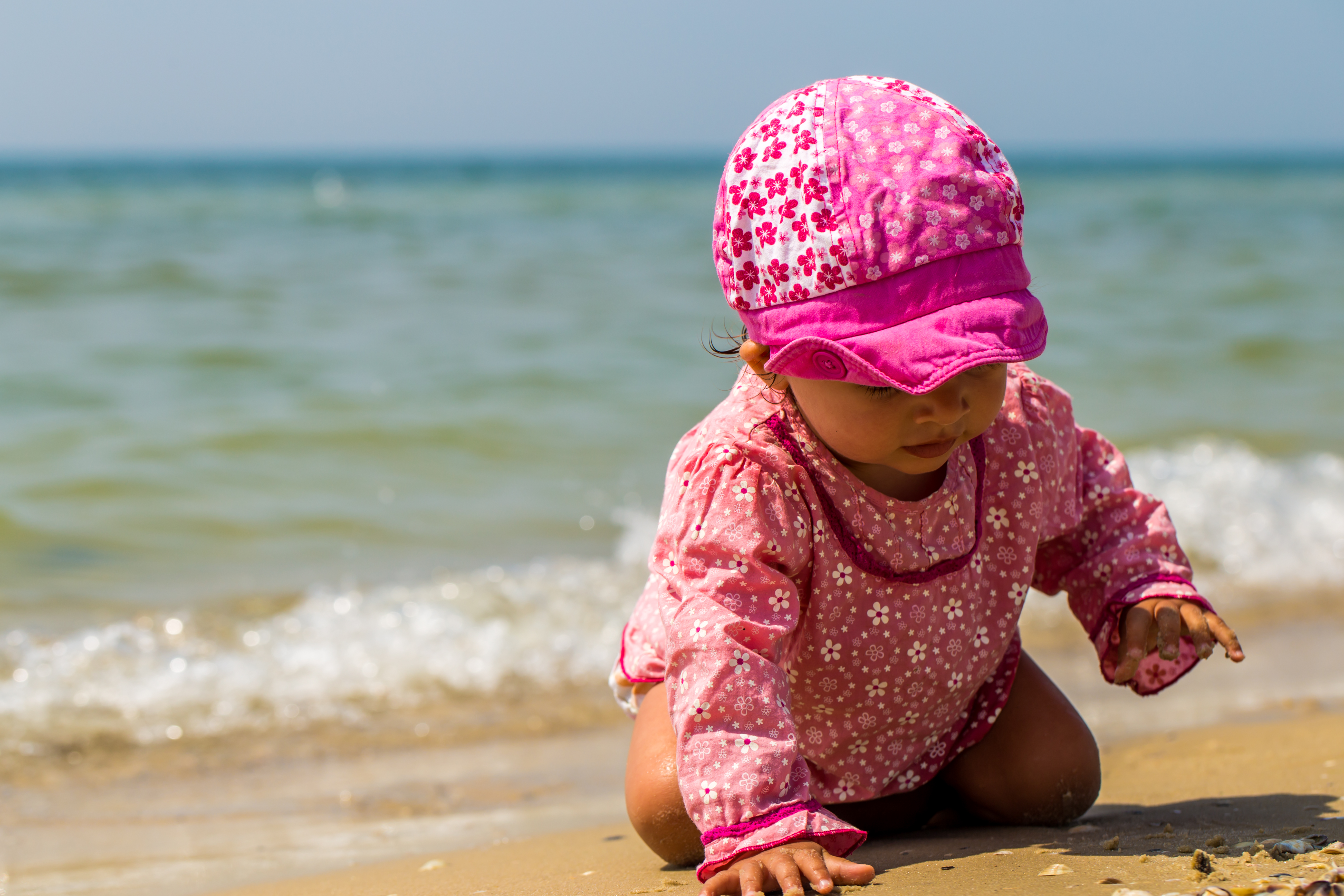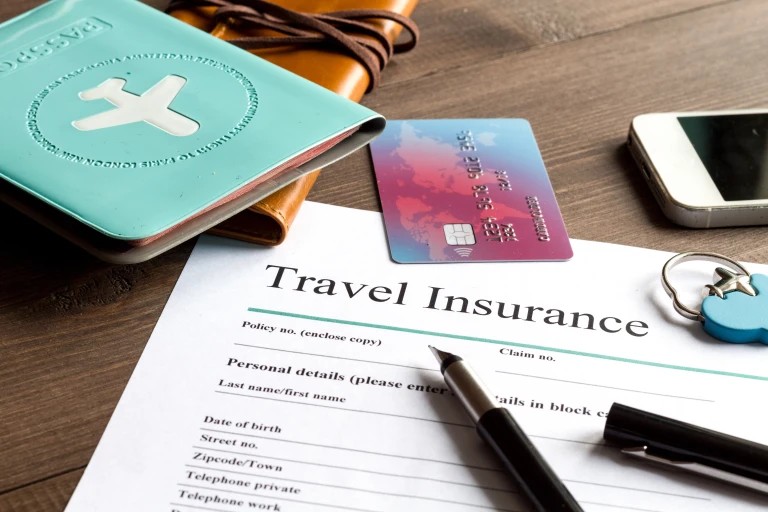As Bali prepares for an influx of holidaymakers during the upcoming Christmas and New Year season. The Australian Government has updated its travel warnings for tourists planning trips to Indonesia. This follows recent incidents on the island in which Australian travelers have been injured or killed.

Bali is a prime destination for Australians, with more Aussies arriving than any other nationality. While the government's guidance is meant for Australians, the advice is valuable for any international tourist visiting the Indonesian province.
The government has placed particular focus on younger travelers, many of whom flock to Bali during the holiday season for its beaches, nightlife, and adventure activities. An insurance company representative David Mayo has emphasized the importance of securing comprehensive travel insurance, urging travelers to understand their policies in detail. Mayo explained, ‘Tourists traveling to Bali, especially younger visitors, should ensure they have coverage for emergency medical treatment, trip cancellations, and high-risk activities commonly enjoyed on the island’. He further advised travelers to be aware of what actions could void their insurance, as understanding coverage exclusions can prevent financial pitfalls.
With low-cost carriers already ramping up flights from Australian cities to Denpasar, including Jetstar's ten additional weekly flights, the call for caution is growing louder. Many travelers might not realize that violating Indonesian laws could nullify their insurance protection, a critical issue as drug and alcohol restrictions are strictly enforced. “In Indonesia, drug use is treated with severe penalties, including large fines and, in some cases, the death penalty. Alcohol laws are also strict, with sales only permitted to those 21 or older”, Mayo warned.

The Australian Department of Foreign Affairs and Trade’s travel advisory site, SmartTraveller, has reiterated the importance of travel insurance for anyone going to Bali. “Your insurance must cover all overseas medical costs, including emergency treatment and evacuation”, reads the advisory. “If you don’t have insurance, the Australian Government won’t cover these costs. If you can’t afford travel insurance, you can’t afford to travel”. For Australians, this applies universally, regardless of health status. Without insurance, travelers could face significant out-of-pocket costs in the event of a medical emergency.
In their December 2023 statement, Deputy Foreign Minister Tim Watts clarified the limits of consular assistance for Australians who find themselves in trouble overseas. “Consular officials will do their best, but there are limitations”, he said. “We can’t pay medical bills or cover the cost to get you back to Australia if you encounter difficulties abroad”. This reminder underscores the critical importance of insurance for financial protection and peace of mind.
The government is also addressing safety concerns for families with young children after a tragic accident claimed the life of a 14-month-old toddler who drowned in a villa pool. This heartbreaking incident prompted Royal Lifesaving Australia’s CEO, Justin Scarr, to urge families to carefully consider their accommodation options, particularly those with young children. Scarr warned, “If you have a very young child—a crawler or early walker—these villas can be extremely hazardous. Parents need to be vigilant at all times”.

He also recommended that parents refresh their CPR skills and carry a first aid kit when traveling. “In resorts and other remote locations, CPR can be lifesaving if an emergency occurs”, Scarr advised.
As Bali remains a popular holiday spot for Australians, these warnings from the government and safety organizations highlight the need for comprehensive preparation. Understanding local laws, ensuring adequate insurance, and taking extra precautions with young children are all steps that can help make a dream holiday safe and enjoyable.


You can add one right now!